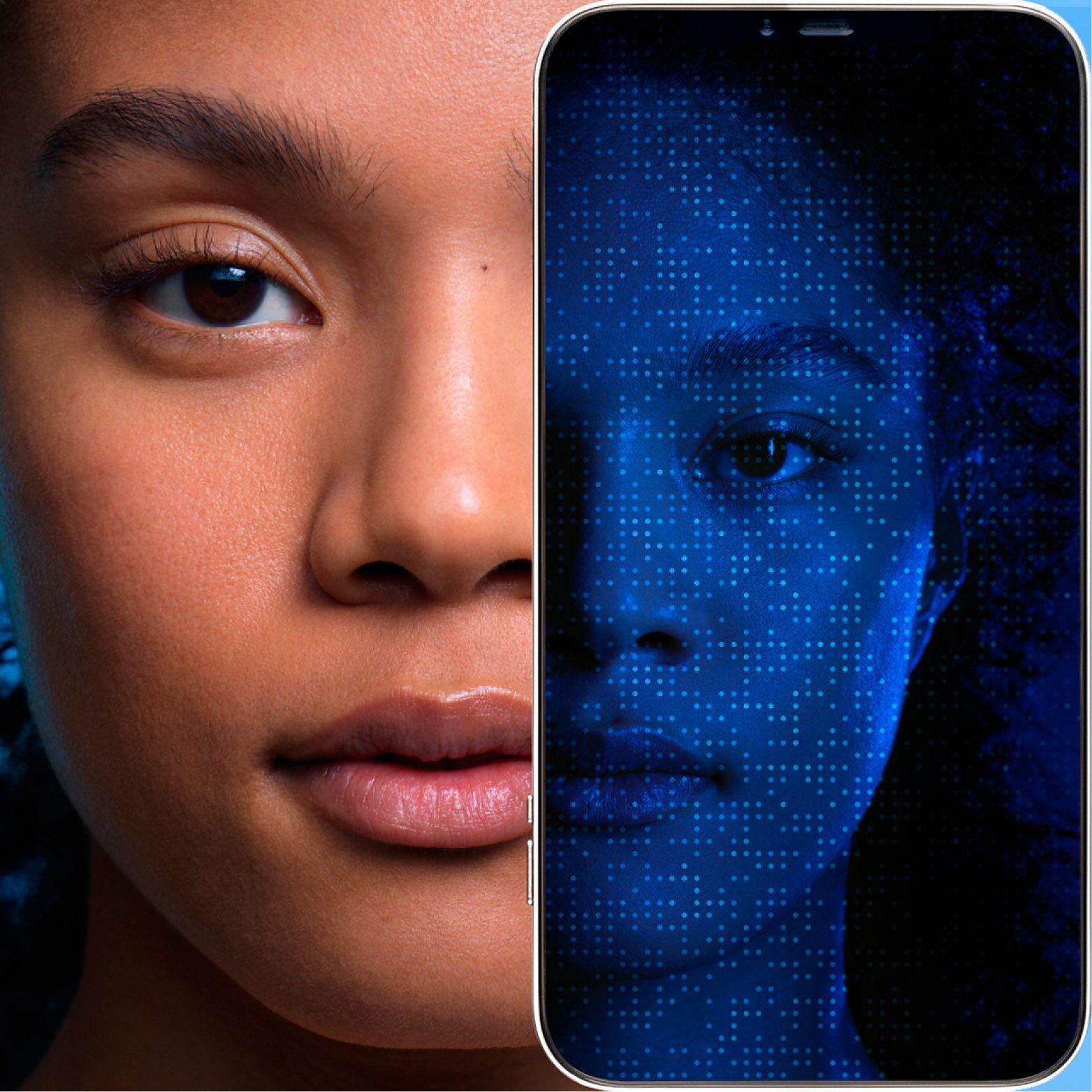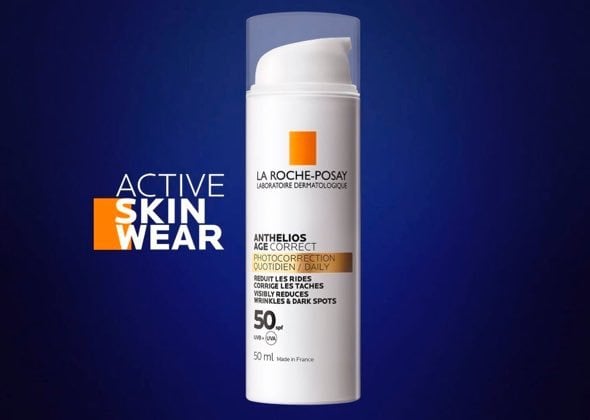SEBORRHEIC DERMATITIS:
DERMATOLOGIST INSIGHTS
What causes seborrheic dermatitis?
Doctors have not identified a single cause of seborrheic dermatitis; the condition is thought to be caused by several factors acting in combination. These include:
In babies, the cause of cradle cap is thought to be excess sebum production (an oily scalp) associated with the overgrowth of yeasts, resulting in inflammation. Read on to find out more.
In babies, seborrheic dermatitis is known as cradle cap
Cradle cap is essentially seborrheic dermatitis in babies up to 3 months. The signs and symptoms are similar to adult seborrheic dermatitis but the distribution is different since it is usually confined to the scalp, although it sometimes occurs on the ears, eyelids, eyebrows, nose, neck, groin, or armpits too. The baby’s scalp develops redness, itch and thick yellow or brown flaking. Click HERE to learn more about cradle cap.
Where does seborrheic dermatitis occur?
Seborrheic dermatitis manifests itself in patches of red, flaking skin on the face, around the sides of the nose and above the eyebrows. An examination of the scalp often reveals sticky flakes around the hairline. There is sometimes a round, flaking patch in the middle of the chest. The facial skin is easily irritated. The scalp itches. The problem patches flare up from time to time, often during periods of tiredness and stress.
HOW TO TAKE CARE OF SEBORRHEIC DERMATITIS
ON THE FACE
The skin of people suffering from seborrheic dermatitis is easily irritated by simply washing the face. Use gentle cleansers such as Micellar Waters but never soap, which aggravates irritation. Moisturisers are not always well tolerated. However, if the skin is tight, it needs moisturizing. Choose dermo-cosmetic products that are designed for tolerance and which contain active agents that work their magic on seborrheic dermatitis.
HOW DO I GET RID OF SEBORRHEIC DERMATITIS
ON MY SCALP?
For seborrheic dermatitis on the scalp, choose an anti-fungal shampoo such as ketoconazole in the first instance to clear up the itch. Then, for maintenance, use a very gentle shampoo specifically designed for sensitive scalps.
WHAT IS THE TREATMENT
FOR CRADLE CAP?
Did you know? Cradle cap is essentially the same as seborrheic dermatitis, but in babies. As with scalp dermatitis in adults, the mainstay of treatment is using a very gentle shampoo combined with gentle massage. Click HERE to learn more about cradle cap.
IS THERE A CURE
FOR SEBORRHEIC DERMATITIS?
Medical treatments for seborrheic dermatitis
If possible, topical steroids should be avoided in seborrheic dermatitis. While they are effective, they may produce small lesions resembling acne in these areas, which are rich in sebaceous glands. They can also result in rosacea if used too regularly. Your dermatologist can prescribe anti-fungal creams (containing ketoconazole or ciclopirox olamine) that act on pityrosporon ovale. Local, lithium-based treatments are also effective. Prolonged maintenance treatment is recommended to stabilise outbreaks.








